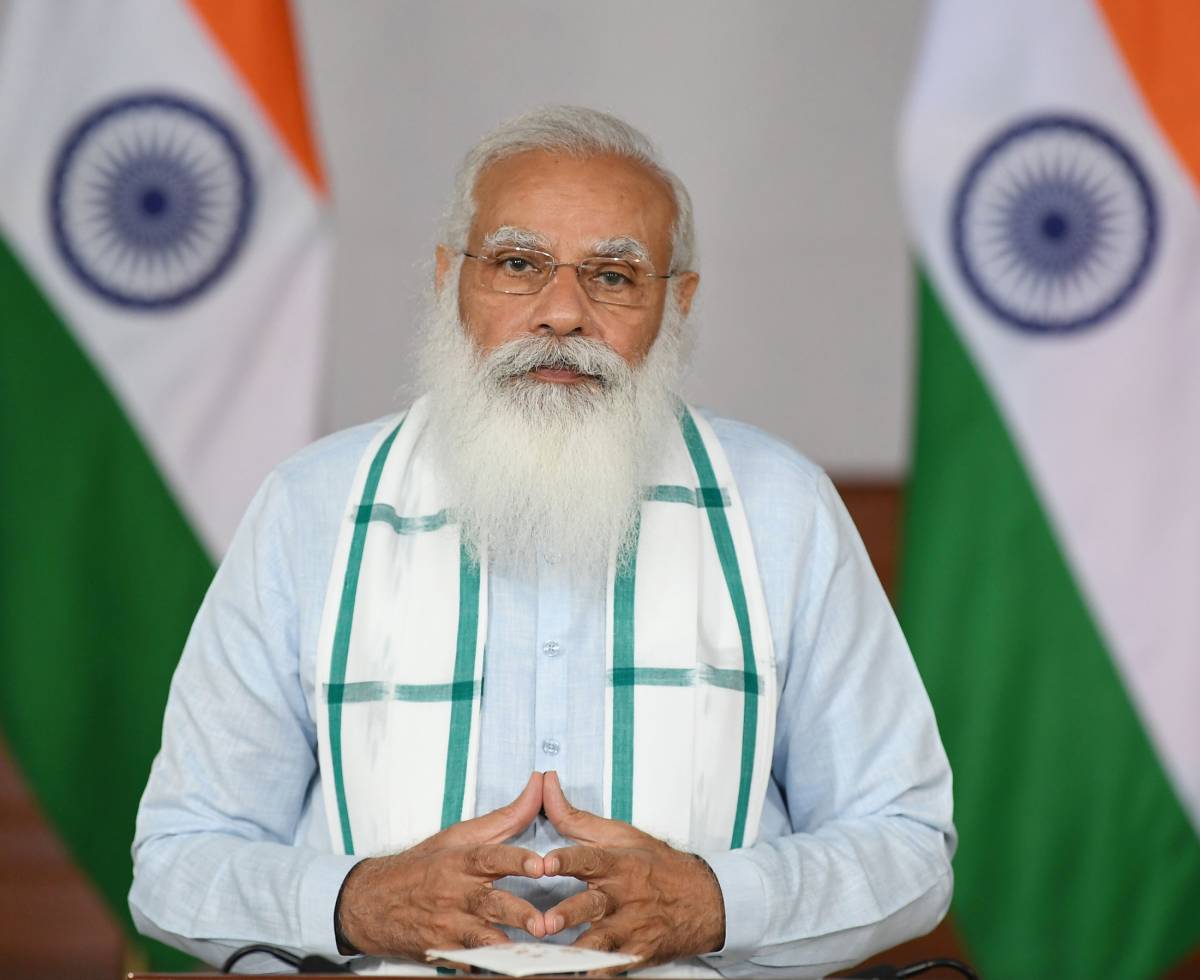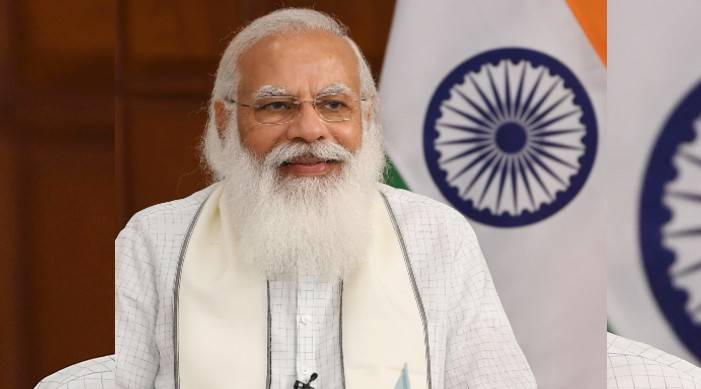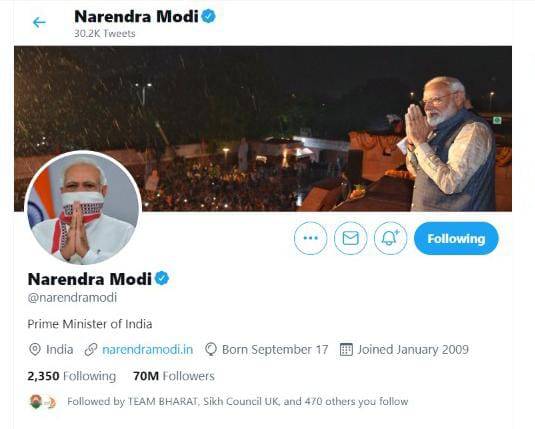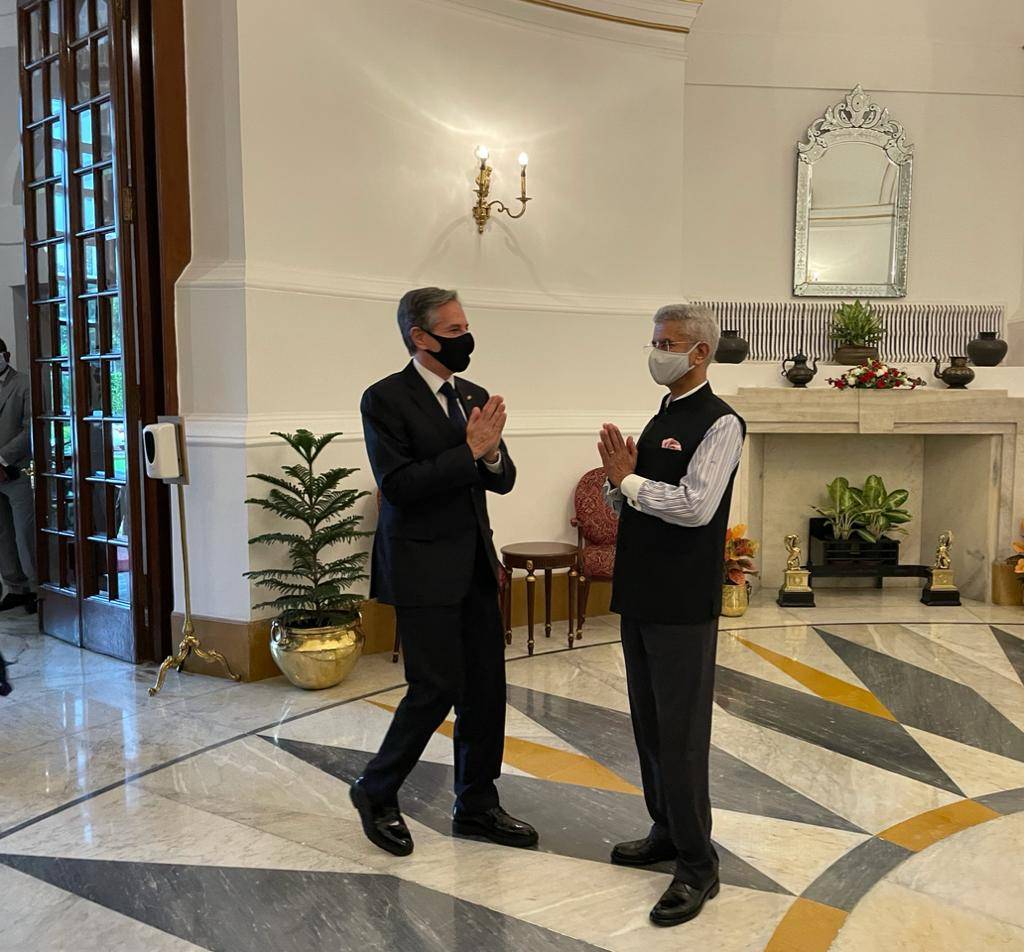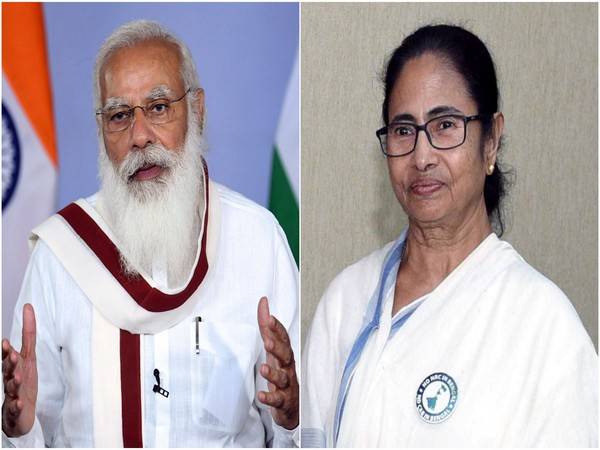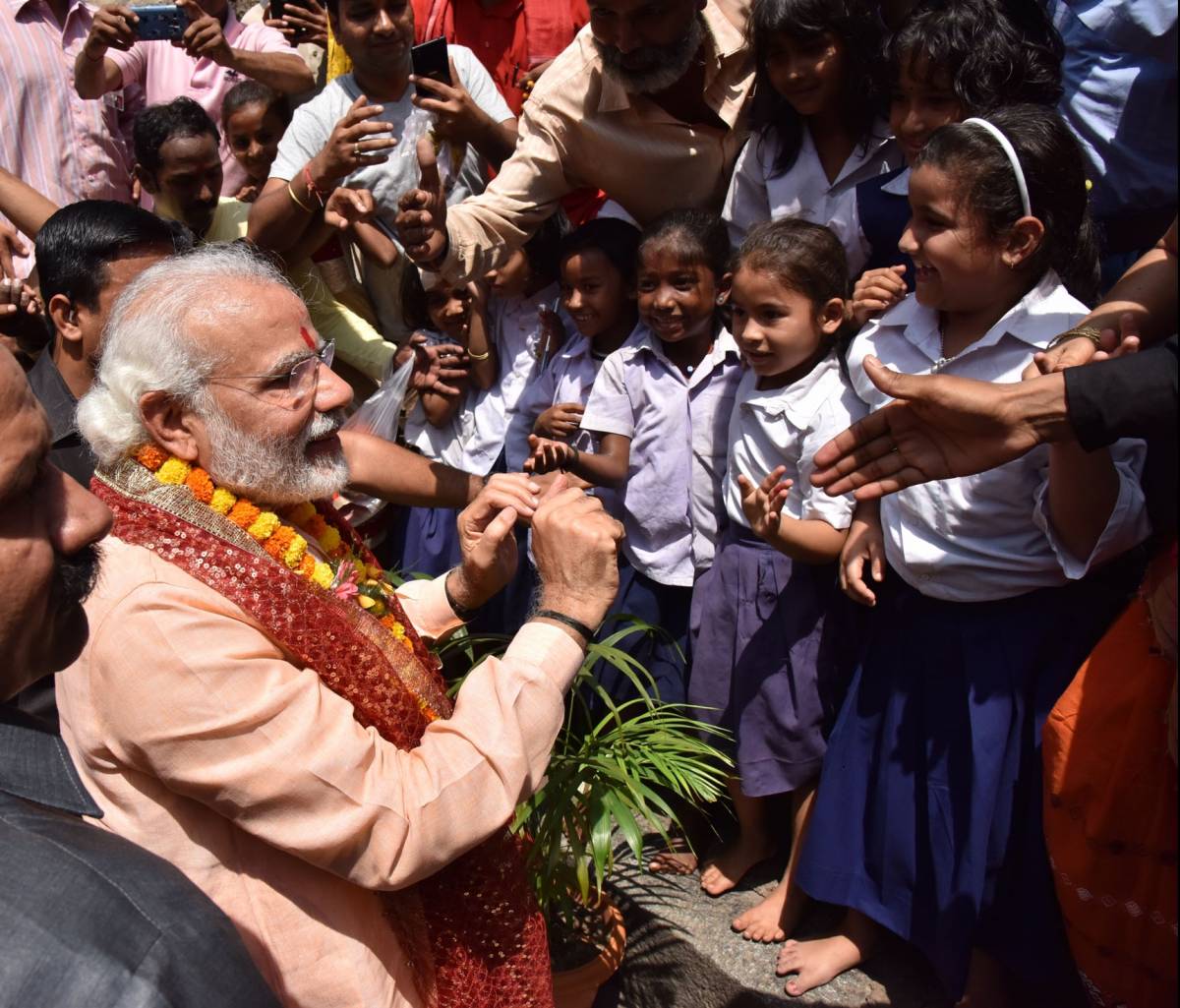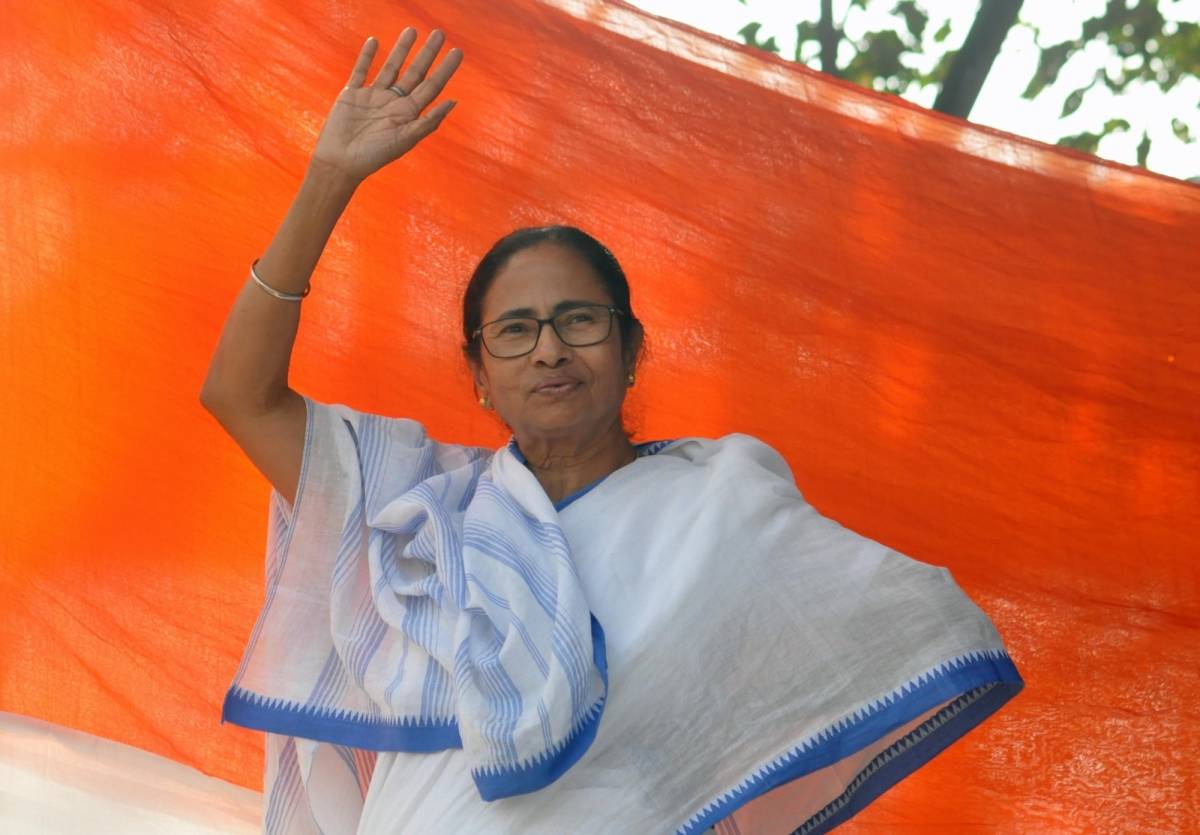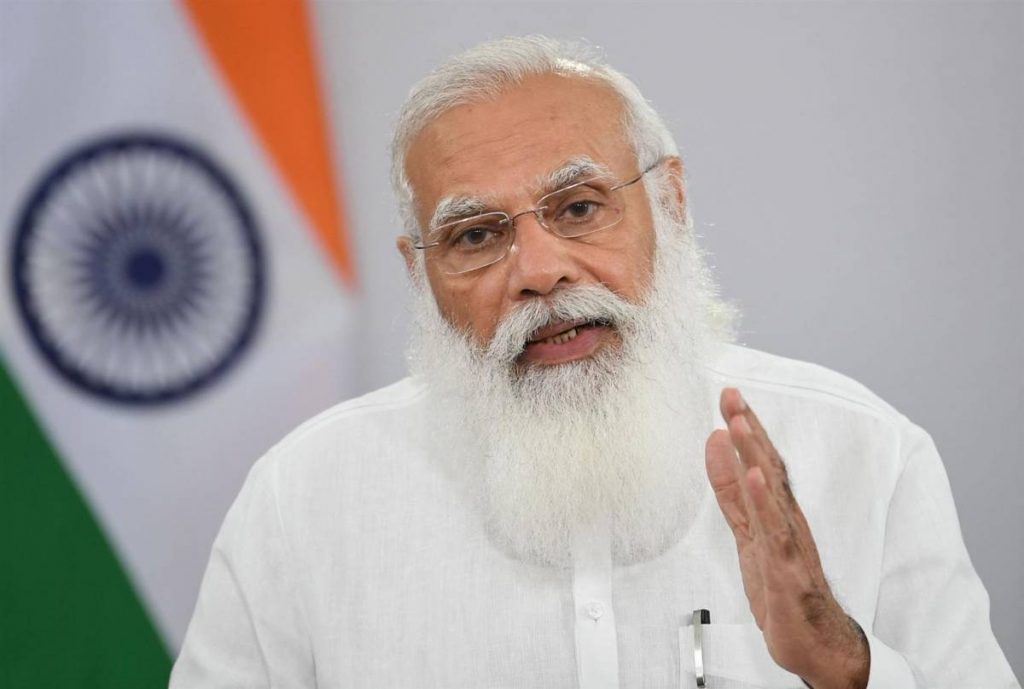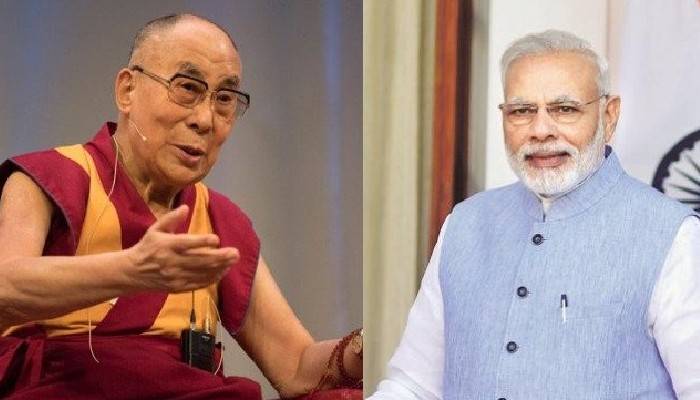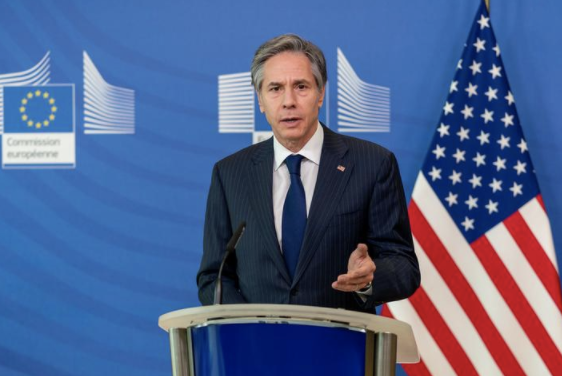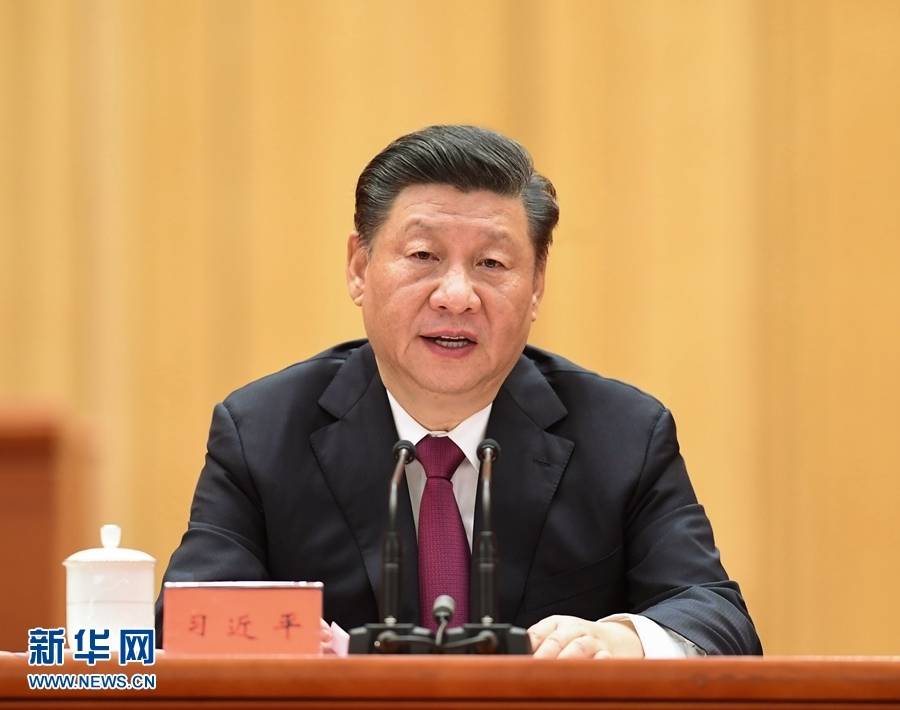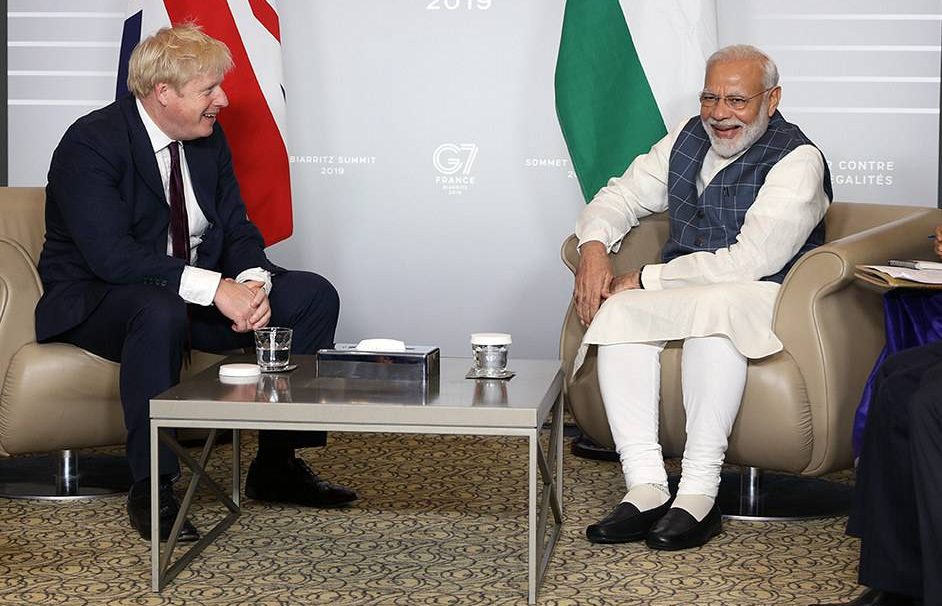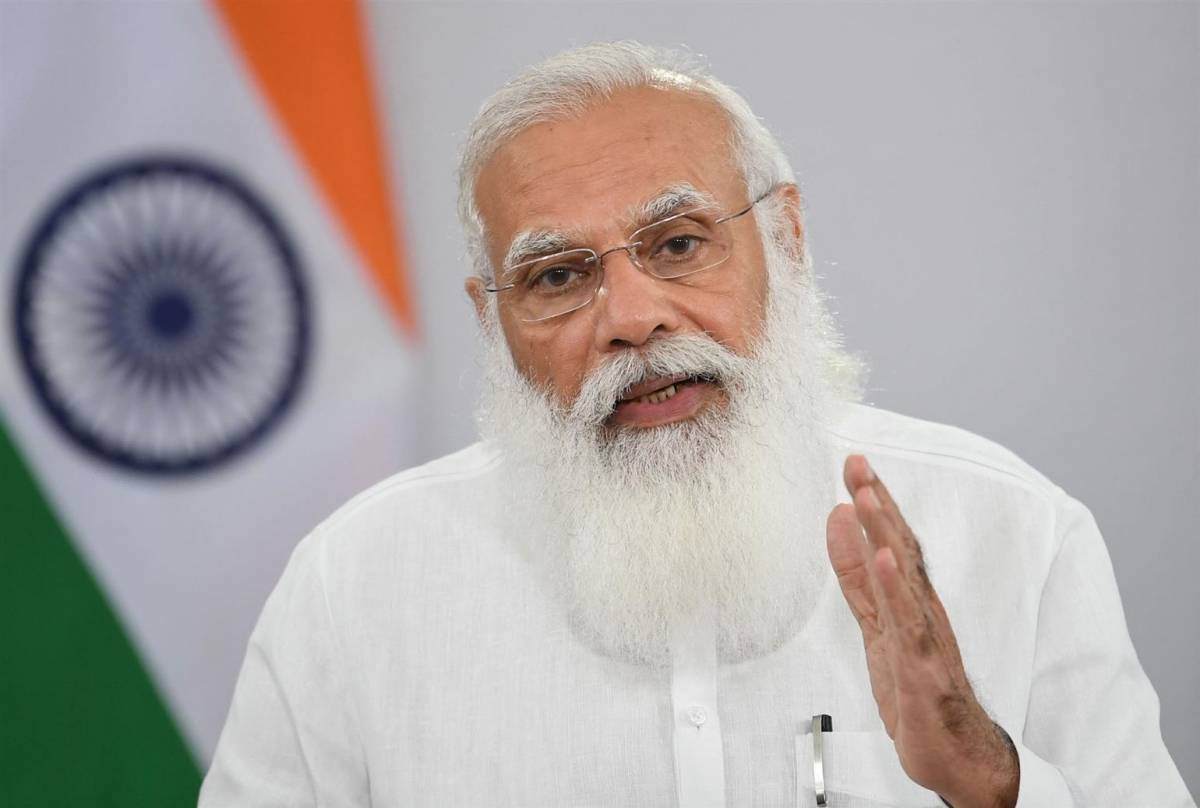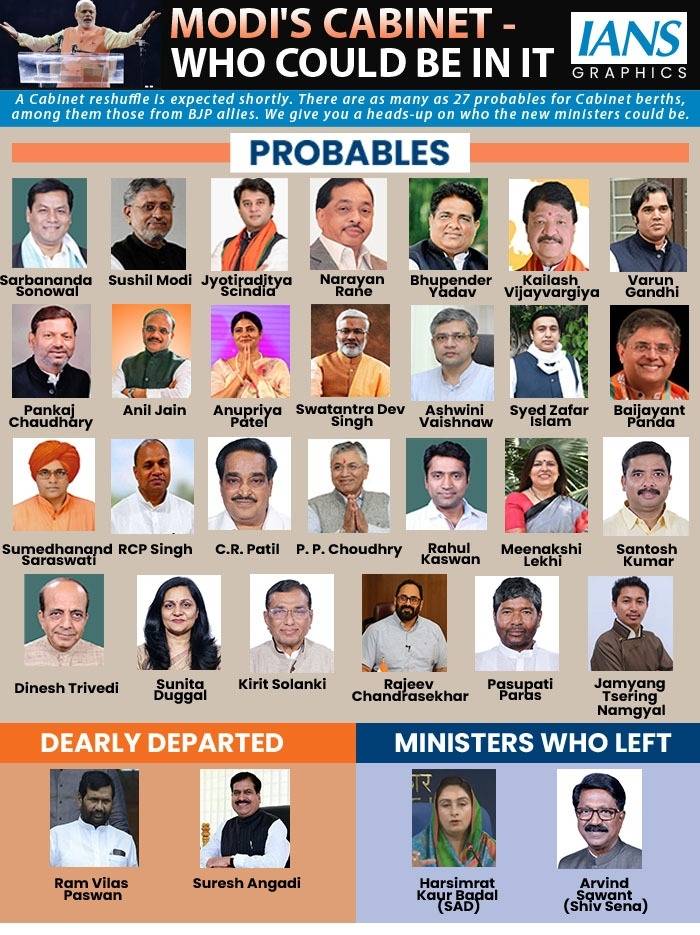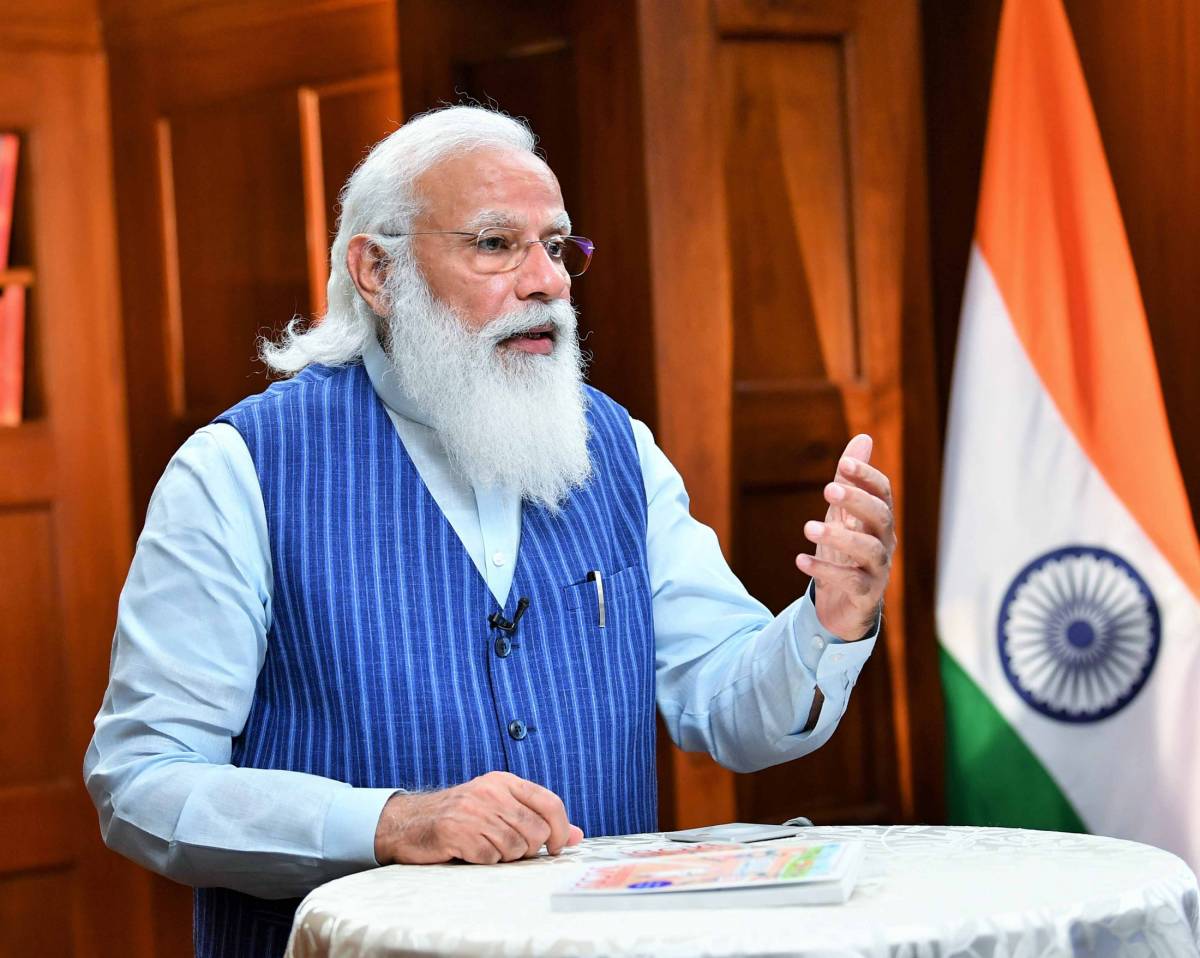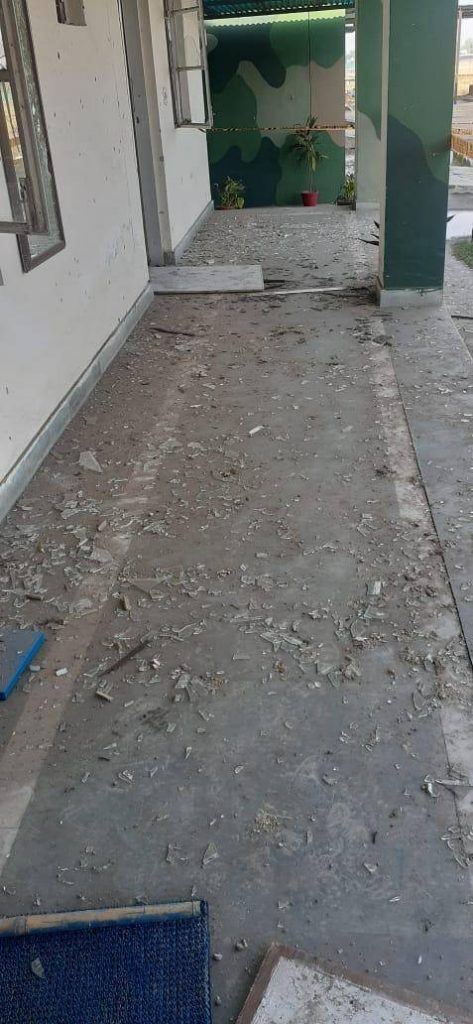PM to launch a national effort to achieve the target of $400 billion worth merchandise exports in the current fiscal, reports Asian Lite News
In a first of its kind initiative to boost India’s export potential, Prime Minister Shri Narendra Modi will interact with heads of Indian missions abroad along with stakeholders of the country’s trade and commerce sector on Friday (6 August).
PM Modi will hold the interaction with the stakeholders today at 6 pm via video conferencing.
The event will mark a clarion call by the Prime Minister for ‘Local Goes Global – Make in India for the World’, the Prime Minister’s Office (PMO) said in a statement.
Exports have a huge employment generation potential, especially for MSMEs and high labour-intensive sectors, with a cascading effect on the manufacturing sector and the overall economy, the PMO added.
The purpose of the interaction is to provide a focused thrust to leverage and expand India’s export and its share in global trade.
The interaction aims to energise all stakeholders towards expanding our export potential and utilising the local capabilities to fulfil the global demand, the PMO said.
Union Commerce Minister Piyush Goyal and External Affairs Minister S Jaishankar will also be present during the interaction.
The interaction will also witness participation of secretaries of more than twenty departments, state government officials, members of Export Promotion Councils and Chambers of Commerce.
According to sources, the meeting will see Modi launch a national effort to achieve the target of $400 billion worth merchandise exports in the current fiscal. India has met nearly a third of its annual target in the first four months of 2021-22.
Over the last nine years, merchandise exports from India have hovered around $260-330 billion, with the highest ever being $330 billion in 2018-19. Robust exports can boost economic growth at a time when other factors such as private consumption as well as investment have been tepid due to the disruption caused by the Covid-19 pandemic.
July saw the highest ever merchandise exports at $35.17 billion, with the cumulative exports in the first 4 months at $130 billion. The government has set up a target of $1 trillion in 2027-28 for merchandise exports and $500 billion exports in the next two years.
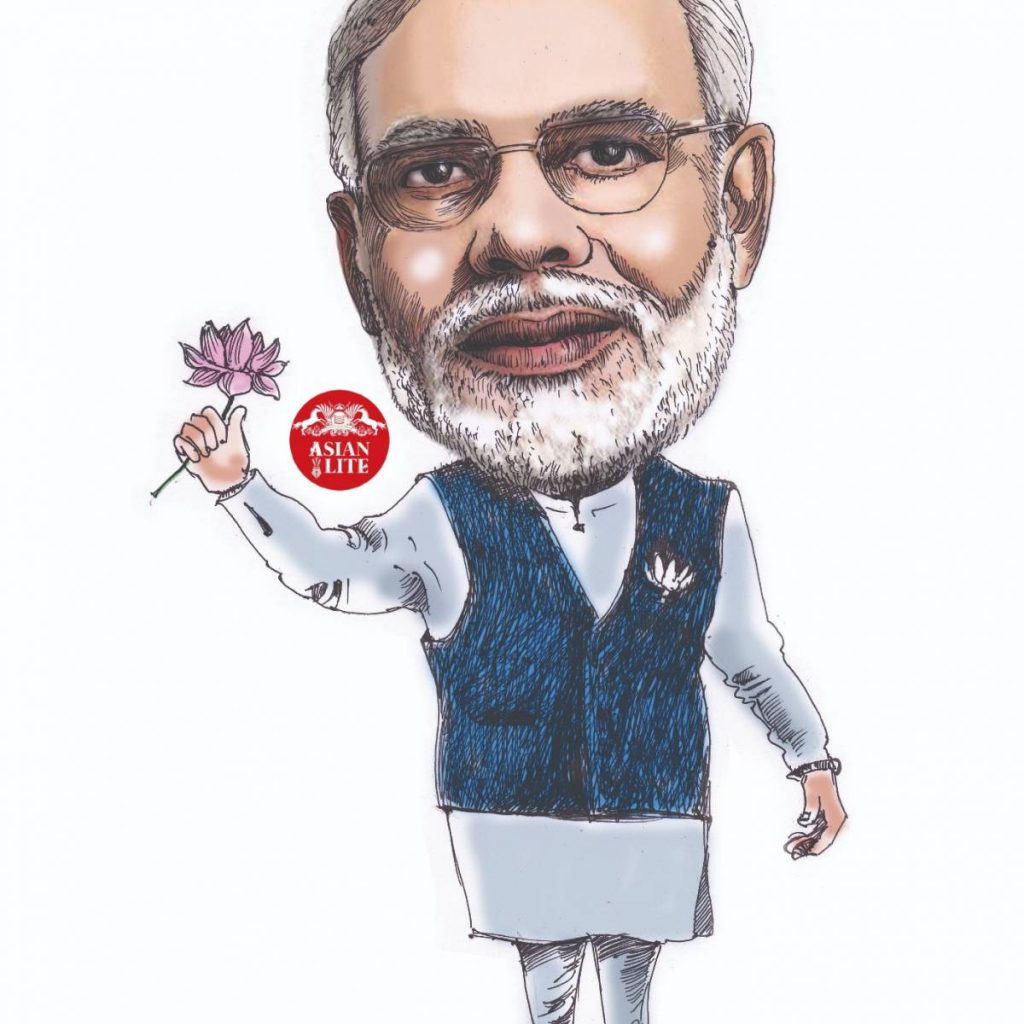
The department of commerce has worked out a detailed strategy to reach the $400 billion target this fiscal. This will include focus on existing and new markets, existing and new products and also on lost market shares in the past few years, both in countries and in products.
The targets have been disaggregated via regions and countries, commodity groups, and export promotion councils. Ambassadors and high commissioners have also been given the targets for their territory, breaking it up into various commodity groups. The government is also working out detailed strategies for trade deals, promoting districts as export hubs, import monitoring and using market intelligence for exporters.
ALSO READ-Need to keep police ready amid technological disruptions: Modi
READ MORE-Modi to chair open debate on maritime security at UNSC

